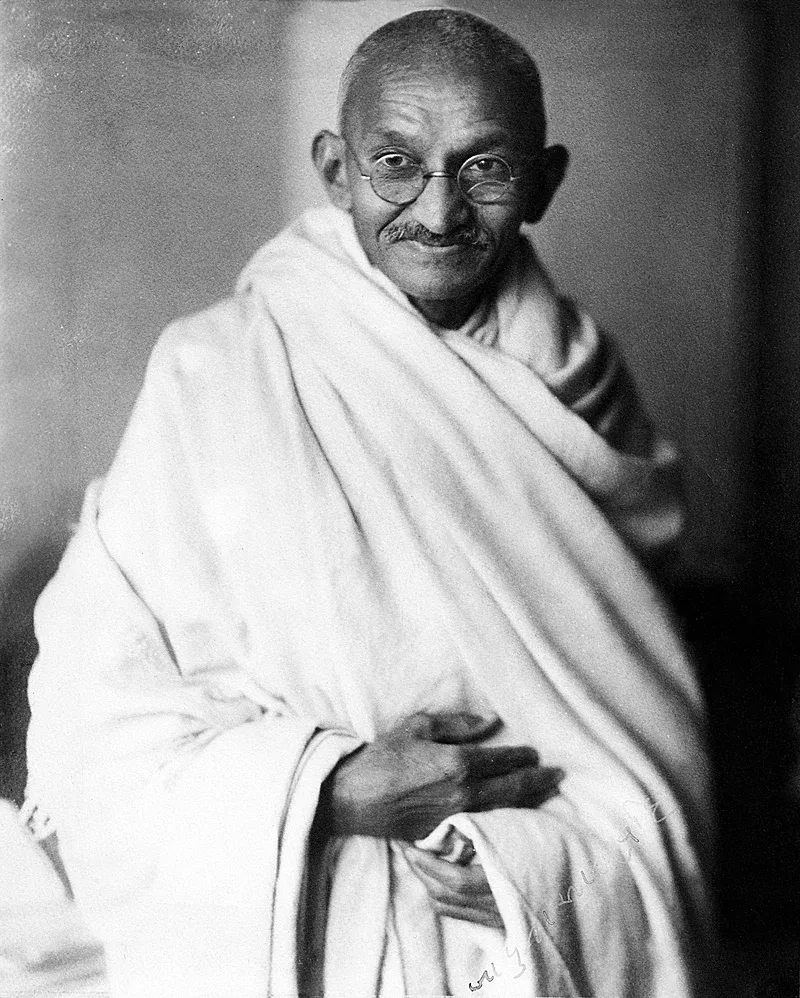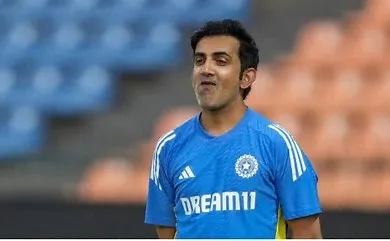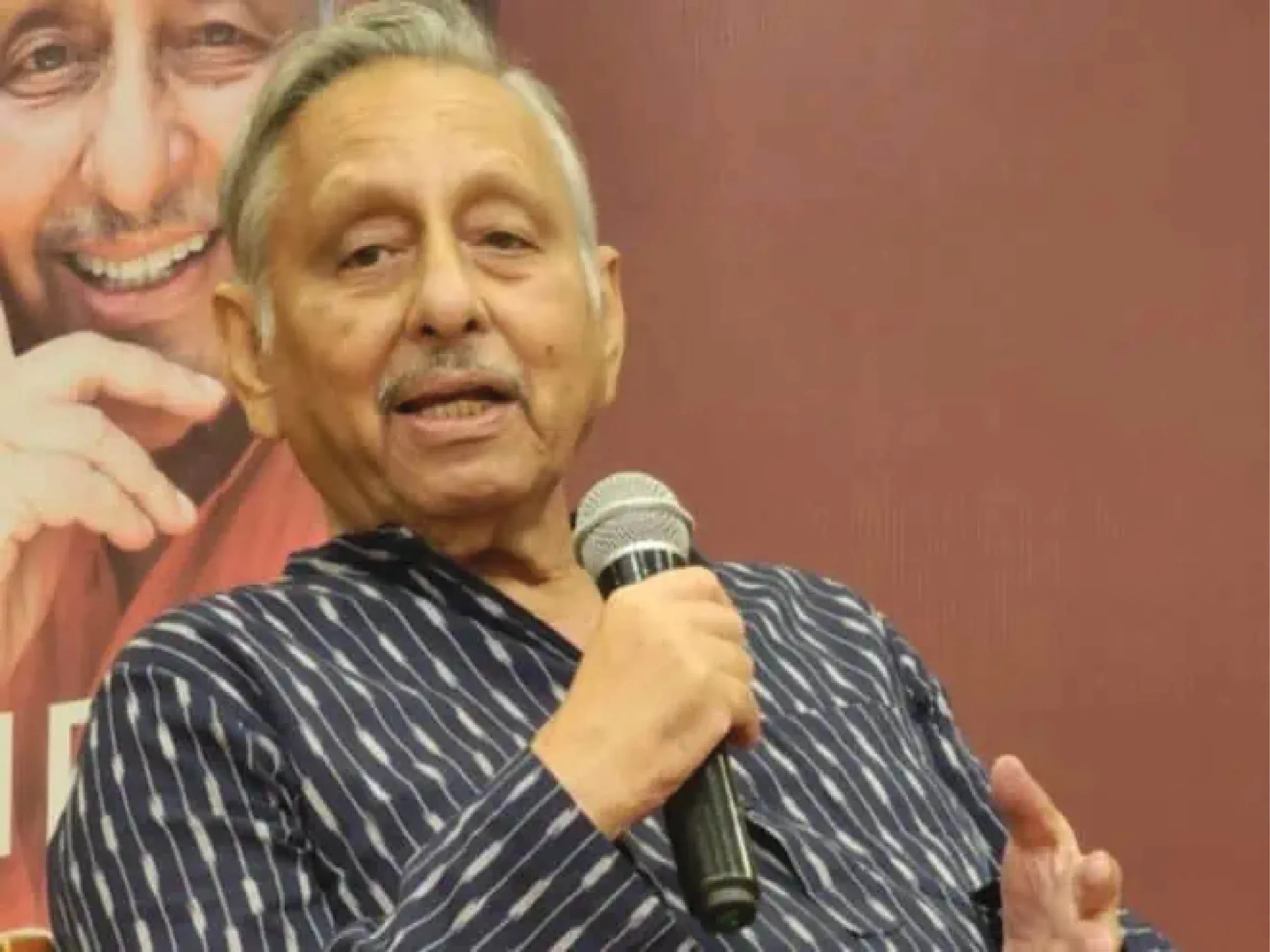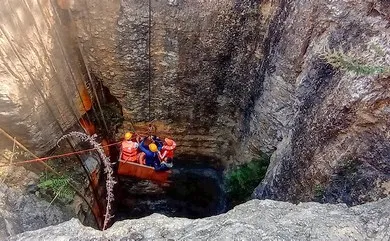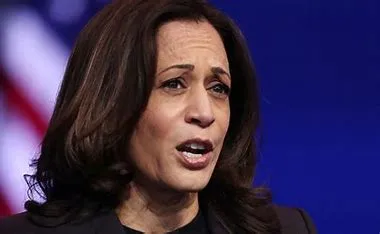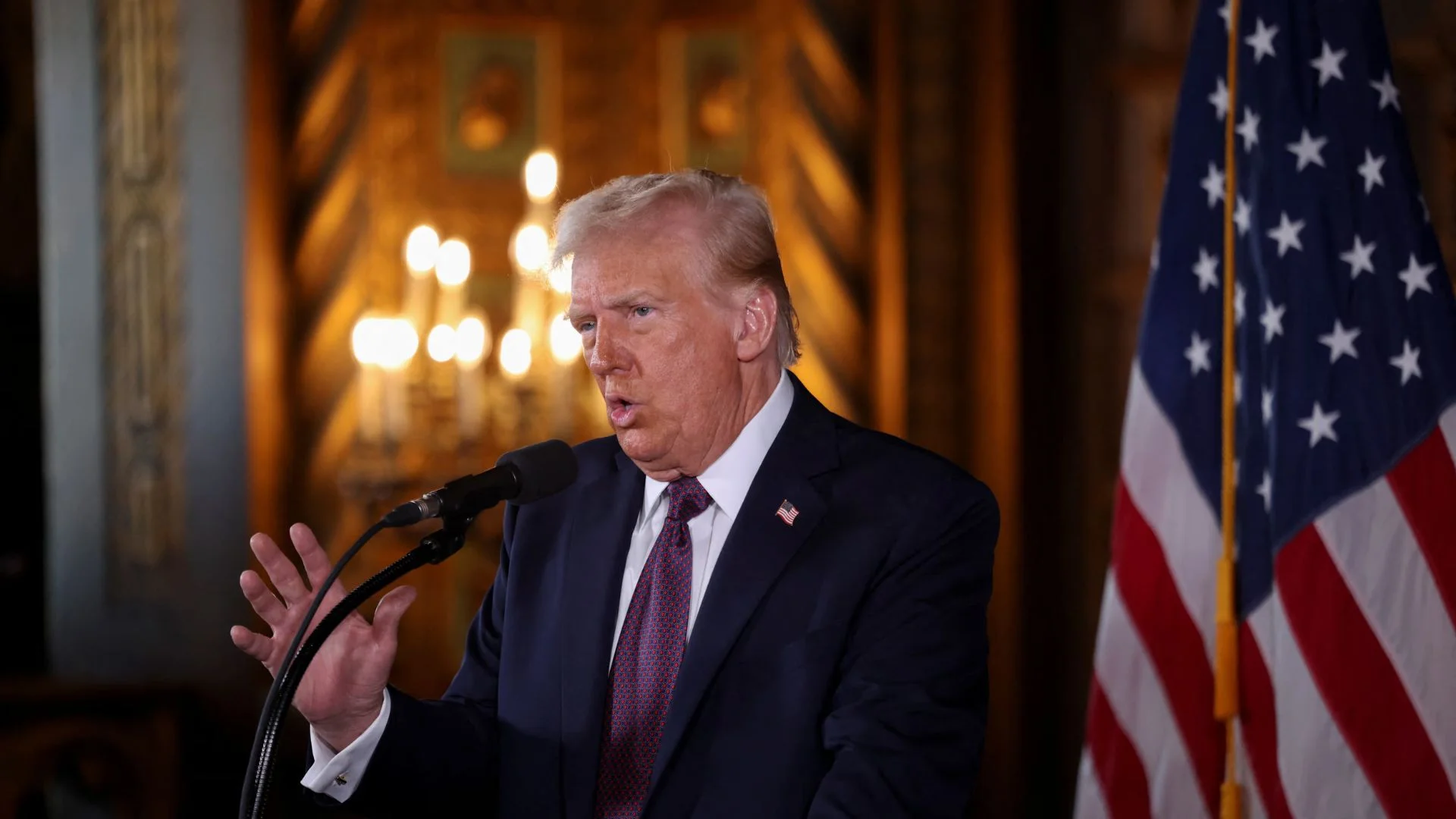Without any doubt, the Nagarwala case, which took place in May, 1971 is easily one of the most sensational scandals that ever hit this country. Most youngsters maybe unaware of this serious transgression of law by a senior official of the State Bank of India, who on a phone call, allegedly made by then then Prime Minister Indira Gandhi and her chief aide, PN Haksar, took out a whopping sum of Rs 60 Lakhs in cash from the vault, and handed it over to an unknown man, later identified as Rustam Sohrab Nagarwala. The entire saga has been recreated by two senior journalists Prakash Patra and Rasheed Kidwai, in their book, “The Scam that Shook A Nation’’ published by Harper Collins. It is significant to point out here that even while the two writers were compiling their data, Actor Mukul Dev, son of the late Pandit Hari Dev, an officer who probed the case along with some others, was preparing a script on the subject for a full-length movie.
Some of the inputs which Mukul Dev received were from memory of his father, who had narrated the entire account one day while visiting me, almost a decade ago. Hari Dev, was one of the finest officers of the Delhi police, and perhaps the only survivor who investigated the case. Most others, had died over a period of time, and it was widely believed that they had been eliminated since they knew a lot more than what they should have. Hari Dev was the Station House Officer of the Chanakyapuri Police Station and was part of the team of detectives who eventually arrested Nagarwala, after some meticulous and speedy investigations that had put a huge question mark on the role of the Prime Minister and on the functioning of the Public Sector Bank situated on Parliament Street.
The issue would not have attracted so much attention and would have been hushed up if some junior functionaries of the Bank and the Police not registered a formal complaint at the Parliament Street police station regarding the missing money. The police swung into action and after tracking down the movements of Nagarwala from Parliamet Street to Malcha Marg in Chankyapuri to Defence Colony, Rajinder Nagar and the Anjuman-e-Parsi on Delhi Gate, apprehended Nagarwala and recovered the money. At least this is how it was presented. Nagarwala was put on a speedy trial, unheard of those days and confined to the Tihar Jail.
The story was that this money was obtained for the Mukti Bahini finances during a R&AW operation, and Nagarwala was in all probability, an operative of the agency. Like it always happens, any Spy or undercover agent who is caught and arrested, is often disowned by those who control him, and this was probably the case this time also. Nagarwala was a non-descript person, who could imitate the voices of most people. He was also a ventriloquist, well versed with the art, at least this is what investigations revealed.
What added to the sordid drama was his death in custody, thereby raising doubts over whether the entire issue was supressed by the authorities so as to prevent information regarding the covert and overt activities of our intelligence agencies. Patra and Rasheed have gone into many details of the case and have brought out the faultlines. The gripping book is a narration of events as obtained from official records and through personal interviews. In the end, many questions remain unanswered as many fresh questions get raised.
Those interested in following this particular scandal, must go through this book which offers many insights that were unknown till now. The Nagarawala case entailed the ease with which Rs 60 lakhs, a colossal amount in those days, was taken out for whatever purpose. It also pointed out that if Ved Prakash Malhotra, an acquaintance of RK Dhawan, Indira Gandhi’s man Friday agreed to give the cash on a phone call, he may have done so earlier as well following the same system. This money could have been part of the secret funds of an undercover organization and were operated in this manner. The entire truth of the Nagarwala case, may never come to light as what happened in the Harshad Mehta affair during PV Narasimha Rao’s time and many other such scandals that were pushed under the carpet by vested interests. Connecting the dots in this particular scam, one can conclude that there may have been a connection with the financing of the Mukti Bahini, though the government of the day, may have been acutely embarrassed to admit that. That could have been the reason for a string of deaths and a massive cover-up. Patra and Rasheed’s book should be certainly read by those who follow such events and even by those who must know what goes on in the world of Cloak and Dagger. Mukul Dev’s proposed biopic would also be looked forward to and how he presents the entire drama on the silver screen after processing information which was actually that of his father and some other sources. For those unaware of Hari Dev’s credentials, it should be pointed out that he was amongst the most distinguished police officers of Delhi, having been recruited as an ASI way back in 1950, the number plate of his chocolate brown Maruti Omni.
He was also involved in working out multiple sensational cases include the Hostage Drama episode in South Avenue in the 1980s and the Braganza kidnapping case. He retired as an ACP. Coming back to the book, Patra and Rasheed deserve all the praise for unravelling many aspects of the mystery.



